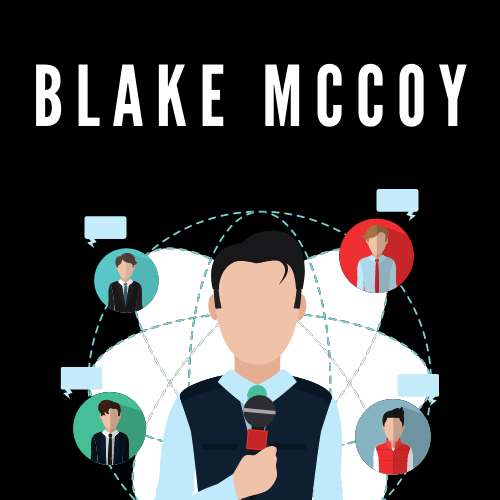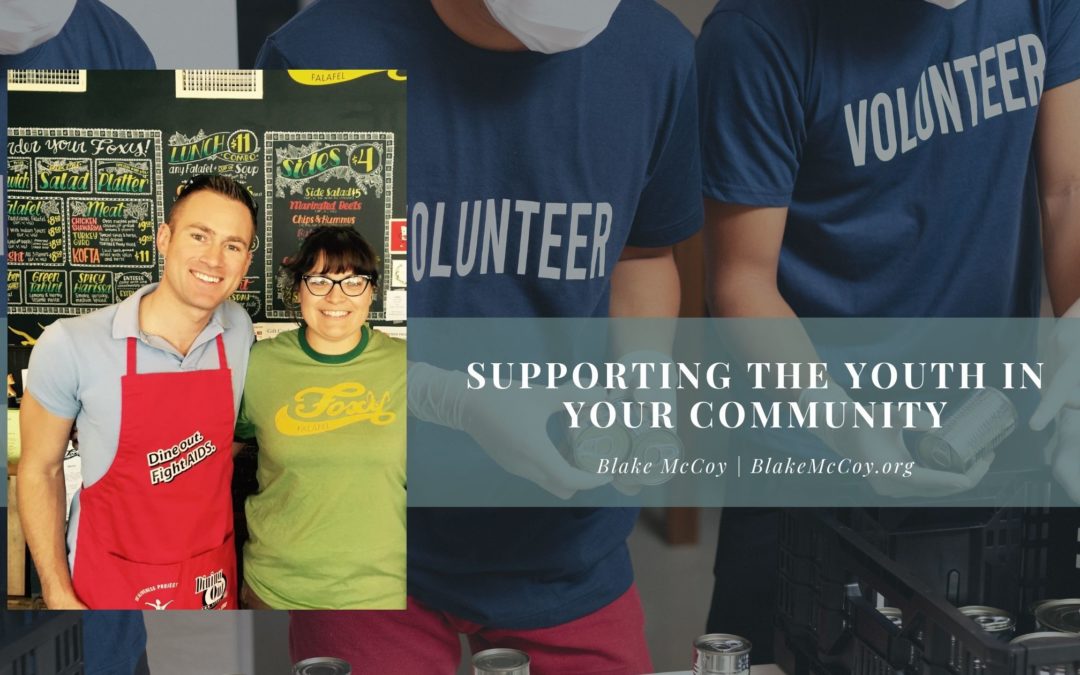It’s no surprise that the COVID-19 pandemic negatively impacted communities everywhere. One of its most affected populations was our younger generation. For months, young people were isolated from connections and resources they relied on. Their families were dealing with financial challenges, health concerns, social isolation, and they had to adjust to a remote education system.
Nonprofit organizations have been a lifeline for many teenagers and young adults during the pandemic. Many youth-focused organizations have resorted to offering their programs virtually while meeting their students’ urgent needs.
For donors passionate about creating an equitable future, now is an excelling time to support nonprofits that aim to connect with young people by meeting their immediate needs and developing plans for their long-term success.
What is Needed Now and How You Can help:
Connectivity
Donors can help bridge the digital divide by keeping young people connected so they can participate in education programs. When the pandemic hit, nonprofits that got young people connected to digital resources could engage with students more quickly and more profoundly than schools could. Therefore, when young people have their technology needs met, they adapt and embrace the change.
Meeting immediate needs
By providing support, donors can help nonprofits adapt their programming as needed. Helping young people with their immediate, vital necessities ensures that they can continue engaging in activities that set them up for a successful future.
Mentorship
Donors can support nonprofits that incorporate mentorship into their programs to address issues such as educational achievement, career access, and mental health. Intentional, sustained mentoring relationships positively influence and shape young people’s identity, personal growth, and economic opportunity. In addition, mentoring supports social, emotional, and cognitive wellbeing, which is as essential as ever before.
Future-Focused
Donors can help young people prepare for a successful future during uncertain times by building pathways to careers in fields like technology, finance, and health care and assisting nonprofits in making significant, system-wide changes. Donors today are asking: what will society’s economy look like in the future, and how can I help build a more equitable future? The answer is that donors need to work to change systems and practices that reinforce inequality.

